Mitigating Risks in Medical Travel: The Importance of Hiring an Accredited and Trusted Medical Travel Facilitator
Medical travel, the practice of seeking healthcare services abroad, offers numerous advantages, including access to specialized treatments, cost savings, and reduced wait times. However, this burgeoning industry is not without its challenges and risks. To ensure a safe and successful medical travel experience, patients should consider enlisting the services of an accredited and trusted medical travel facilitator. Here, we delve into the importance of such facilitators in mitigating the risks associated with medical travel.
1. Expertise and Experience:
Accredited medical travel facilitators have a wealth of experience and expertise in the field. They are well-versed in the complexities of medical travel, including destination selection, healthcare provider vetting, and travel logistics. This expertise allows them to guide patients through the process efficiently and safely.
2. Access to a Network of Reputable Providers:
Trusted facilitators have established relationships with a network of accredited and reputable healthcare providers worldwide. They can connect patients with the right specialists and hospitals based on the patient’s specific medical needs. This minimizes the risk of receiving subpar or inappropriate treatment.
3. Ensuring Accreditation and Quality Assurance:
Accredited medical travel facilitators prioritize quality assurance. They conduct rigorous due diligence on healthcare facilities, ensuring that they adhere to international standards and possess relevant accreditations. This significantly reduces the risk of encountering substandard care or unqualified medical practitioners.
4. Transparent Pricing and Cost Controls:
One of the primary attractions of medical travel is cost savings. However, unscrupulous providers may engage in price gouging or hidden fees. Trusted facilitators provide transparent pricing, helping patients understand the full cost of their treatment and minimizing the risk of unexpected financial burdens.
5. Assistance with Travel Logistics:
Navigating the logistical aspects of medical travel can be challenging, especially in unfamiliar destinations. Medical travel facilitators assist with travel arrangements, visa applications, accommodation bookings, and ground transportation, ensuring a seamless and stress-free experience for patients.
6. Language and Cultural Support:
Language barriers and cultural differences can complicate communication and care. Accredited facilitators often provide interpreters and cultural liaisons to bridge these gaps, facilitating effective communication between patients and healthcare providers.
7. Emergency Support and Follow-Up Care:
In the event of unforeseen complications, accredited facilitators can offer emergency support. They can also facilitate post-operative follow-up care, including arranging local medical professionals to monitor patients’ recovery and ensuring that any necessary adjustments to the treatment plan are made promptly.
8. Legal and Ethical Guidance:
Medical travel facilitators are knowledgeable about the legal and ethical considerations involved in medical travel. They can educate patients about their rights, informed consent, and the legal recourse available in case of malpractice or disputes.
9. Patient Advocacy:
A trusted facilitator acts as a patient advocate throughout the medical travel journey. They prioritize the patient’s well-being and ensure that their interests are protected at all times.
10. Peace of Mind:
Perhaps most importantly, hiring an accredited and trusted medical travel facilitator provides patients with peace of mind. It allows them to focus on their health and recovery, knowing that a dedicated and experienced team is handling the logistics and ensuring their safety and well-being.
In conclusion, medical travel can be a transformative experience for patients seeking high-quality healthcare options abroad. However, it is crucial to recognize the associated risks and take proactive measures to mitigate them. Hiring an accredited and trusted medical travel facilitator is a wise choice that can significantly enhance the safety, quality, and success of the medical travel journey, providing patients with the confidence to pursue their healthcare goals abroad.




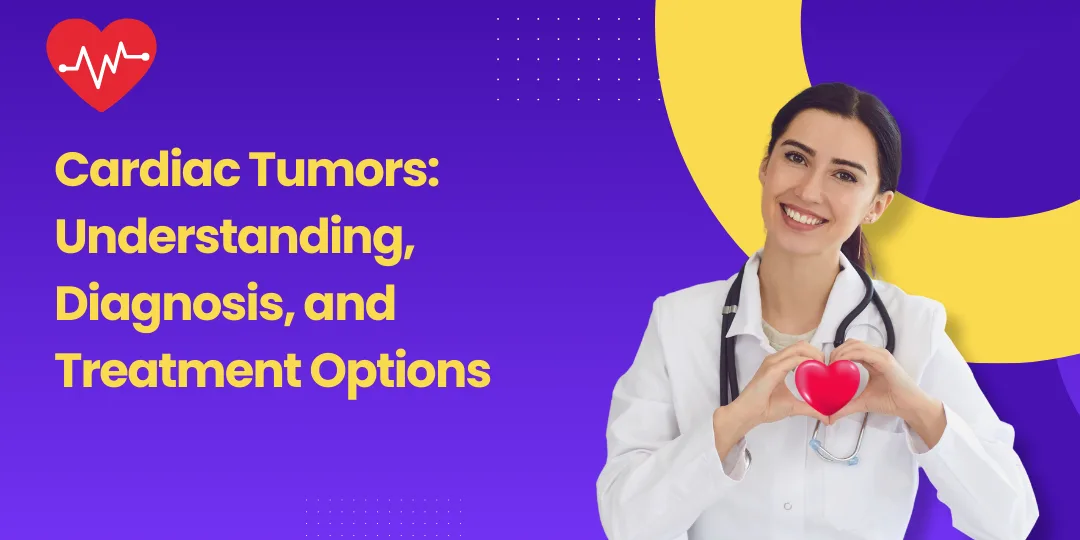
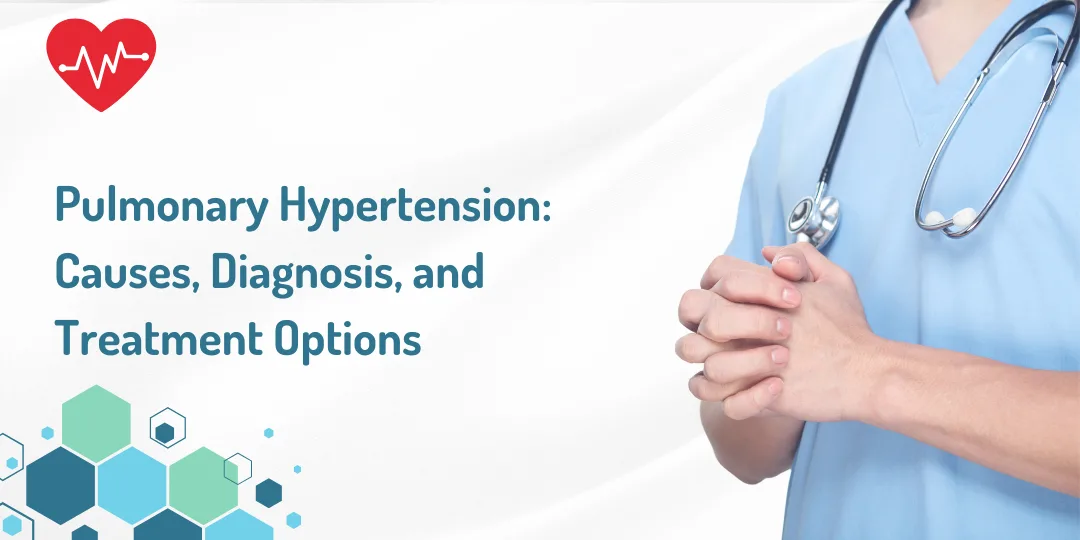

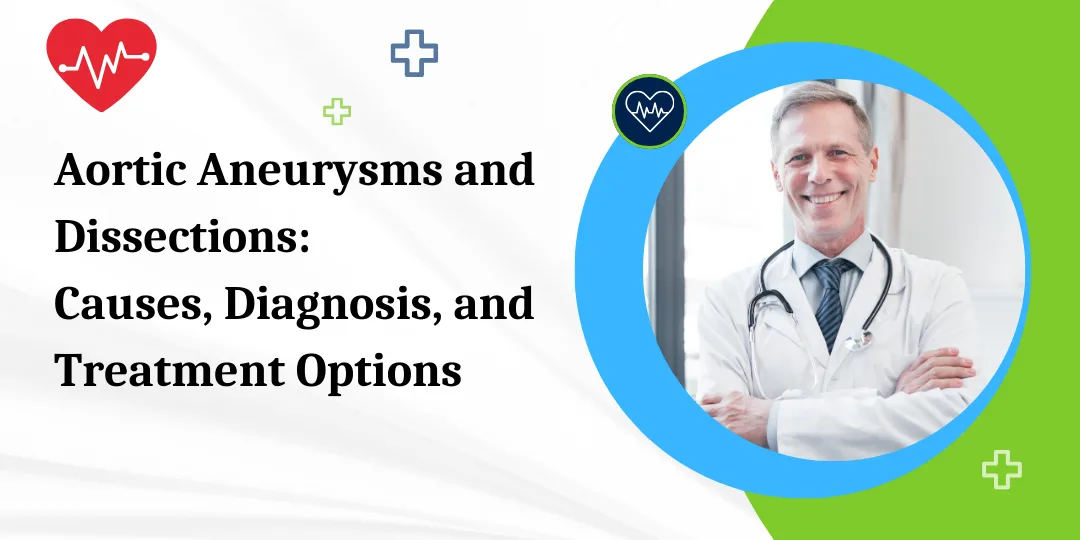
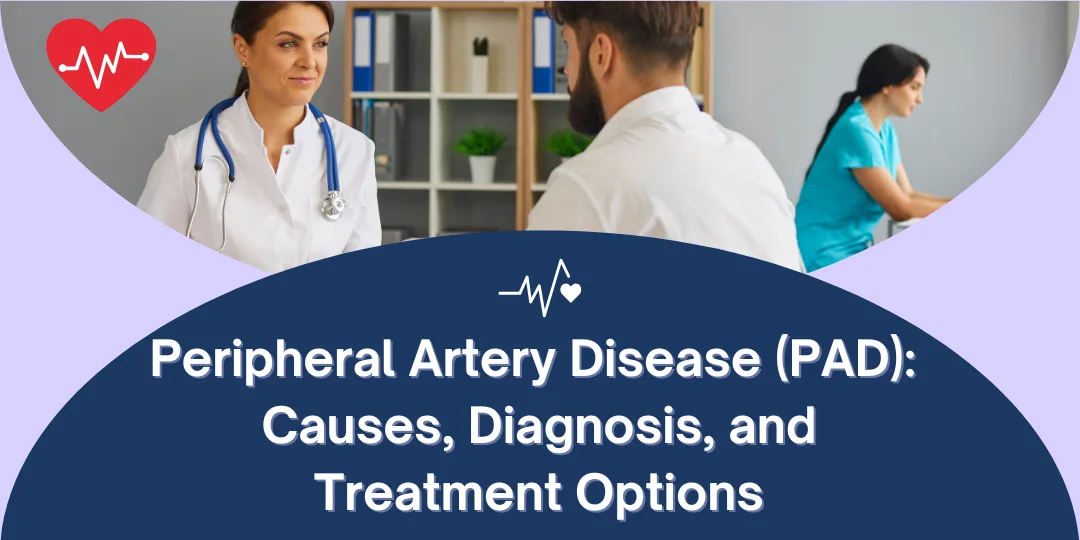
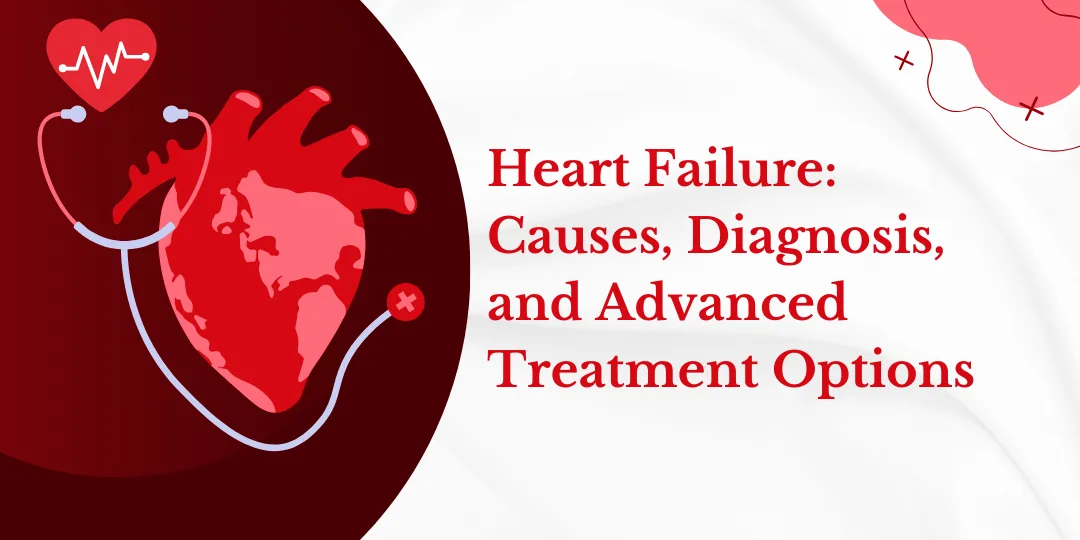
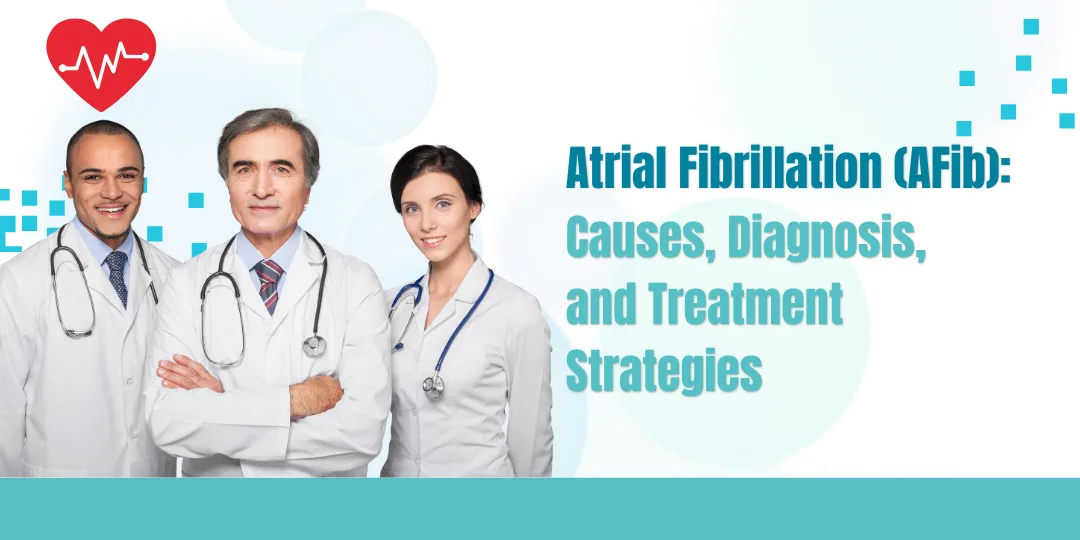

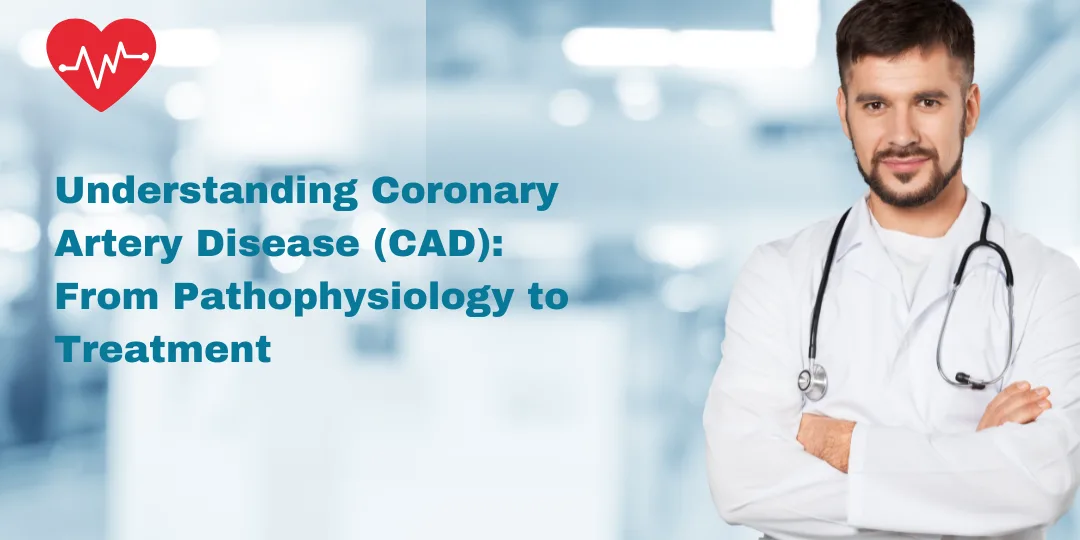
0 Comments